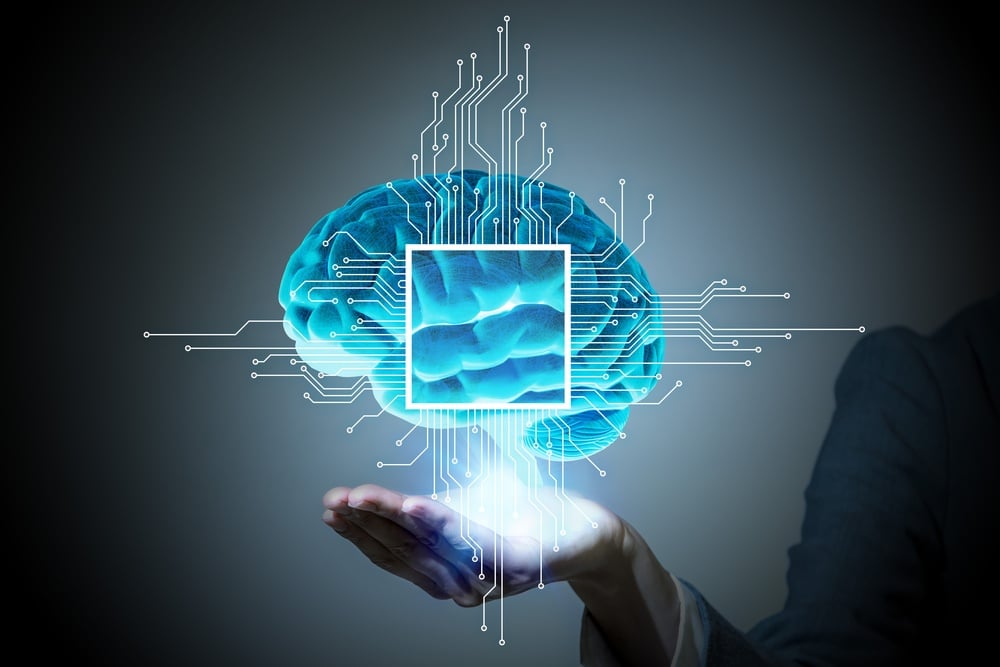How will AI take Robotic Process Automation to the Next Level?

Robotic process automation (RPA) has been on the top of IT to-do lists for years in virtually every industry. After all, if a computer can complete a task without human intervention, it is better for everyone. You save on employee time and employees can avoid boring, manual tasks. Plus, your customers benefit with faster processing and fewer errors. For some companies, RPA is synonymous with digital transformation, but only if it can be deployed intelligently.
The Current State of RPA
Companies are already benefiting from the adoption of process automation. Accenture estimates that companies can save up to 80 percent in both processing costs and time with a successful RPA rollout. With Transparency Market Research predicting that the RPA global market will reach a whopping $16B by 2024, it should come as no surprise that companies are prioritising automation as part of their future investment.
Benefits of RPA
- Run 24/7: Computers don't take breaks, stop for coffee or run to the restroom. When a computer is handling a task, it is always working.
- Infinite scalability: While investing in additional machines means a capital outlay, it is a lot less expensive to invest in new machines than it is in expanding your workforce. When you need more compute power, it really is as simple as buying a new computer or server.
- Transparency and truthfulness: Computers perform an assigned task with no deviation or distraction. They also log everything they do, so you can look under the hood and check their back-trail.
How AI + RPA is a Game Changer
Going from RPA to intelligent automation adds a level of cognitive thinking to your machine processes. Machine learning helps robots develop the critical thinking skills needed to handle more complex tasks. Today, you could deploy intelligent automation to help with fraud detection, form completion analysis, claims processing, and more. Ultimately, adding AI to existing RPA platforms simply means adding the capacity to understand speech, better mimic human behaviour, and work with less structured data sets.
As AI technology advances, the cognitive leaps enabled by machine learning will allow AI to become an even better human partner, mobilising your employees away from manual tasks and toward more rewarding activities.
